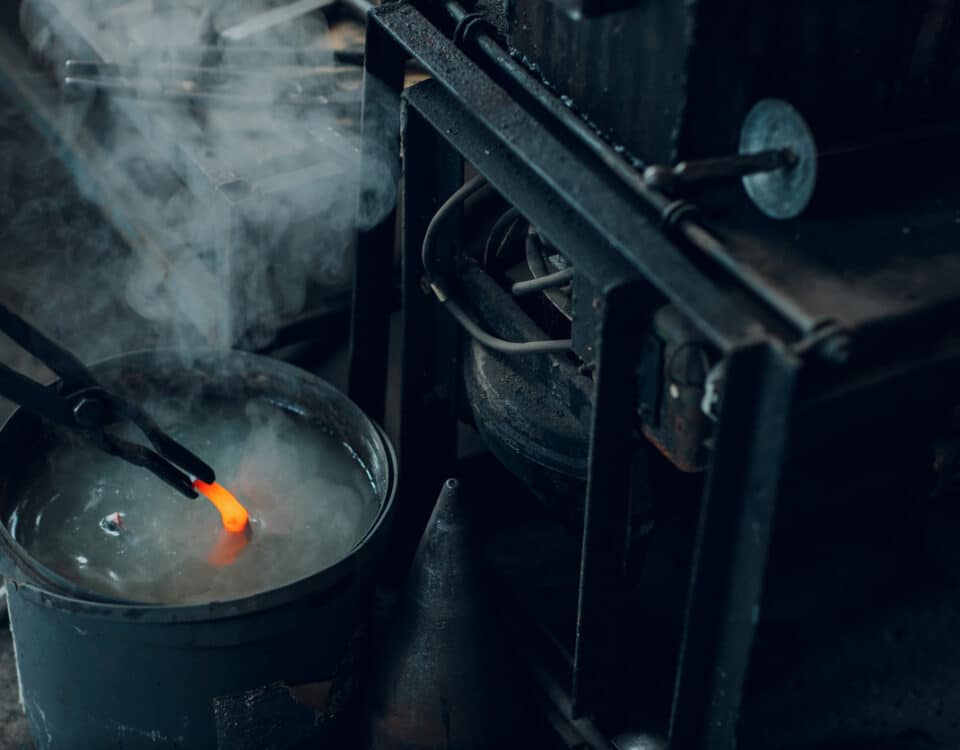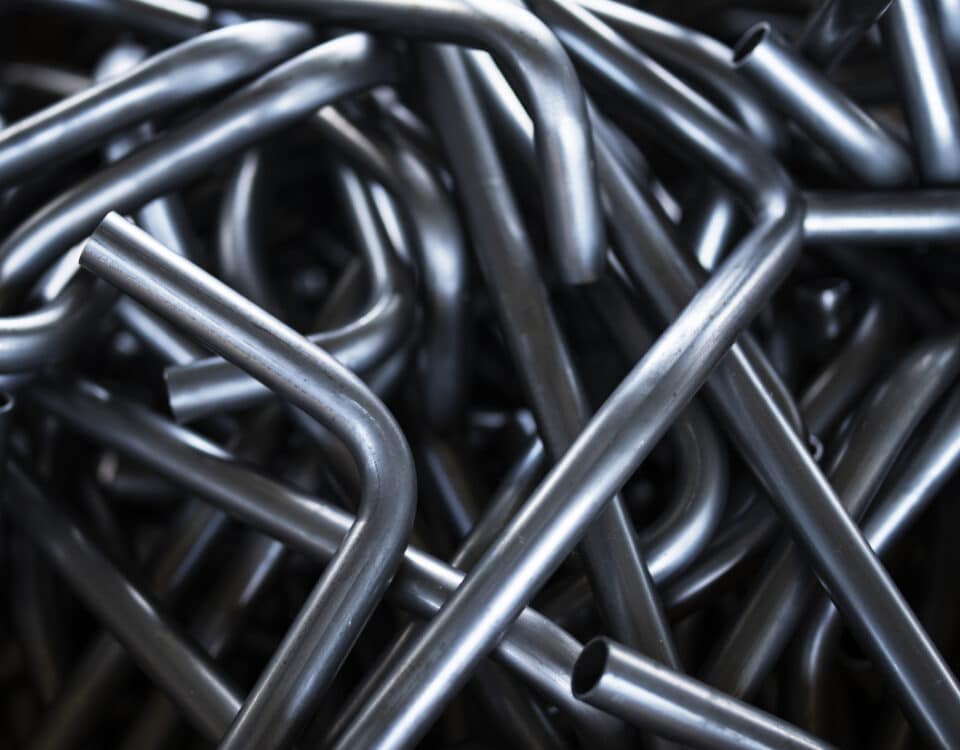
Common Applications of Vacuum Processing in Various Industries
September 5, 2025
The Role of Stress Relieving in Extending the Life of Metal Parts
November 9, 2025In the world of manufacturing and industrial engineering, metal treating plays a crucial role in enhancing the performance, durability, and longevity of metal components. Whether it is through hardening, annealing, carburizing, or nitriding, metal treating modifies the properties of metals to meet specific functional requirements. However, these processes must be carried out with extreme precision to ensure optimal results. This is where quality control becomes indispensable.
At its core, quality control in metal treating is about ensuring consistency, compliance, and performance. Without strict oversight, even minor deviations in temperature, timing, or chemical composition can lead to defects such as brittleness, warping, or premature failure. Therefore, a well-defined quality control system is not just an operational necessity but a strategic advantage for any metal treating facility.
Southwest Metal Treating, a recognized leader in the heat treating industry, exemplifies this approach. Through a comprehensive and methodical quality control process, the company ensures that every treated component meets the highest standards of performance, reliability, and safety.
Why Quality Control is Essential in Metal Treating
Metal treating involves the application of controlled heating and cooling cycles to alter the physical and sometimes chemical properties of a material. These changes are intended to improve wear resistance, fatigue strength, hardness, and other critical attributes. However, achieving the desired outcomes requires precise process control.
The importance of quality control in metal treating includes the following key areas:
1. Consistency Across Batches
Metal parts often serve as components in larger systems, such as engines, tools, or structural assemblies. Inconsistency in treating methods can lead to variable mechanical properties across parts, which poses a risk to overall system integrity. Quality control ensures that every batch meets the same specifications and performance criteria.
2. Avoidance of Defects
Inadequate treatment or deviations from the required process parameters can lead to cracks, distortions, decarburization, or residual stresses that compromise the integrity of the treated part. A robust quality control program detects and prevents these issues early in the process.
3. Compliance with Industry Standards
Many industries, such as aerospace, automotive, defense, and energy, require strict adherence to standards like AMS, ASTM, or ISO. Quality control is essential to meet these compliance requirements and maintain certifications that are often mandatory for doing business in these sectors.
4. Cost Reduction Through Efficiency
Reprocessing defective parts or handling customer returns can be costly and damaging to a company’s reputation. Quality control minimizes the occurrence of nonconforming products, reducing waste, rework, and warranty claims.
5. Customer Satisfaction and Trust
High-quality output leads to reliable performance, longer service life, and fewer failures in the field. This directly impacts customer satisfaction and builds trust, leading to long-term partnerships and business growth.
Commitment to Excellence
Southwest Metal Treating’s dedication to quality control extends beyond compliance. It is a foundational element of the company’s operating philosophy. By investing in advanced equipment, skilled personnel, and systematic procedures, the company ensures that every treated component performs reliably in its intended application.
This commitment to quality has earned Southwest Metal Treating long-term partnerships with clients in demanding sectors such as aerospace, automotive, and industrial manufacturing. These relationships are built on trust, reliability, and a shared focus on excellence.
Partner with a Metal Treating Expert Committed to Quality
Quality control is not optional in the metal treating industry. It is essential to achieving consistent, safe, and high-performance results. The complexity and precision required in heat treating demand a structured approach that minimizes variation, detects defects, and ensures compliance.
As industries continue to demand higher standards and tighter tolerances, the importance of quality control in metal treating will only grow. Companies like Southwest Metal Treating lead the way by demonstrating that quality is not just a goal but a disciplined, measurable process that delivers real value.



